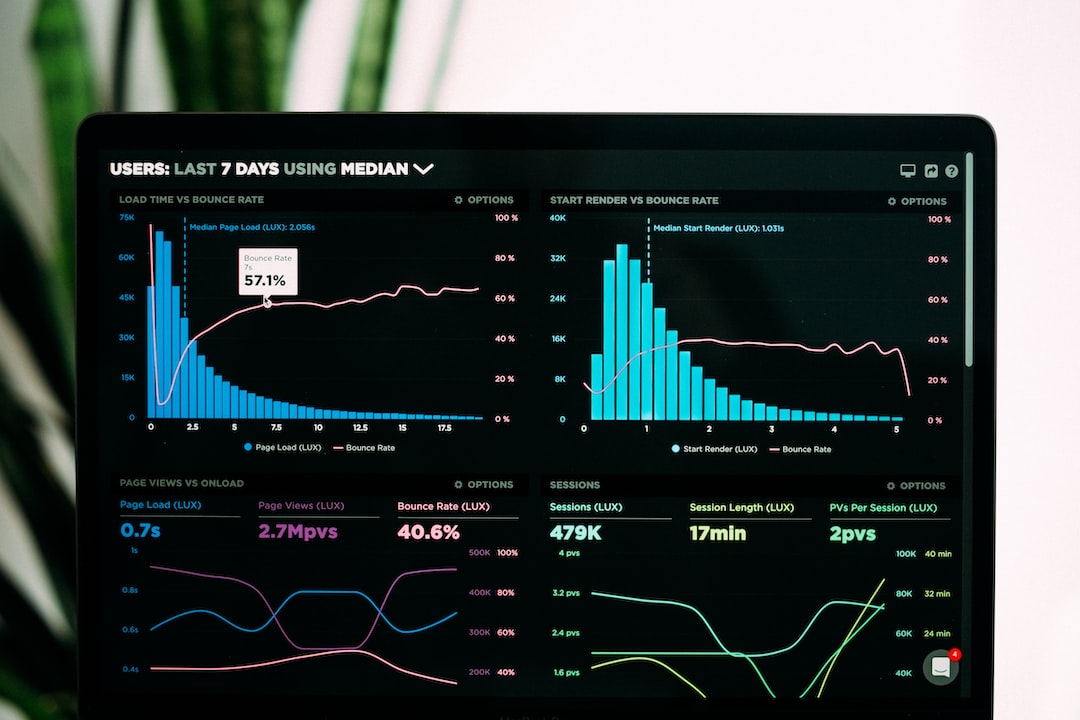The term “deriv” in forex refers to a derivative financial instrument that derives its value from an underlying asset or group of assets. Derivatives are commonly used in the forex market to manage risk, hedge against adverse price movements, and speculate on future price movements.
The most common types of derivatives used in forex trading are futures contracts, options contracts, and swaps. Each of these instruments has its unique characteristics and is used for different purposes.
Futures Contracts:
A futures contract is an agreement between two parties to buy or sell an underlying asset at a predetermined price and date. In the forex market, futures contracts are used to hedge against currency fluctuations or to speculate on future price movements. Futures contracts are standardized and traded on exchanges such as the Chicago Mercantile Exchange (CME) and the Intercontinental Exchange (ICE).
Options Contracts:
An options contract is a financial instrument that gives the buyer the right, but not the obligation, to buy or sell an underlying asset at a predetermined price and date. In the forex market, options contracts are used to manage risk and hedge against adverse price movements. Options can be customized to suit the specific needs of the buyer and are traded over-the-counter (OTC).
Swaps:
A swap is a financial agreement between two parties to exchange cash flows based on an underlying asset or group of assets. In the forex market, swaps are used to manage risk, hedge against adverse price movements, and speculate on future price movements. Swaps can be customized to suit the specific needs of the parties involved and are traded over-the-counter (OTC).
Derivatives in forex trading have several advantages, including:
1. Risk Management: Derivatives allow traders to manage risk by hedging against adverse price movements. For example, a trader who expects the value of the US dollar to decrease can use a futures contract or options contract to protect themselves against this risk.
2. Leverage: Derivatives allow traders to take larger positions in the market with less capital. This increased leverage can lead to higher profits, but it also increases the risk of losses.
3. Liquidity: Derivatives are highly liquid, making them easy to buy and sell. This liquidity makes it easier for traders to enter and exit positions quickly, reducing the risk of being stuck in a losing position.
4. Speculation: Derivatives allow traders to speculate on future price movements. This speculation can lead to significant profits, but it also increases the risk of losses.
Despite the benefits of using derivatives in forex trading, they also carry significant risks. Traders must have a thorough understanding of the underlying asset and the characteristics of the derivative instrument they are using. They must also be aware of the risks associated with leverage and the potential for significant losses.
In conclusion, derivatives are an essential part of forex trading, providing traders with the tools they need to manage risk, hedge against adverse price movements, and speculate on future price movements. However, they also carry significant risks, and traders must have a thorough understanding of the underlying asset and the characteristics of the derivative instrument they are using.





